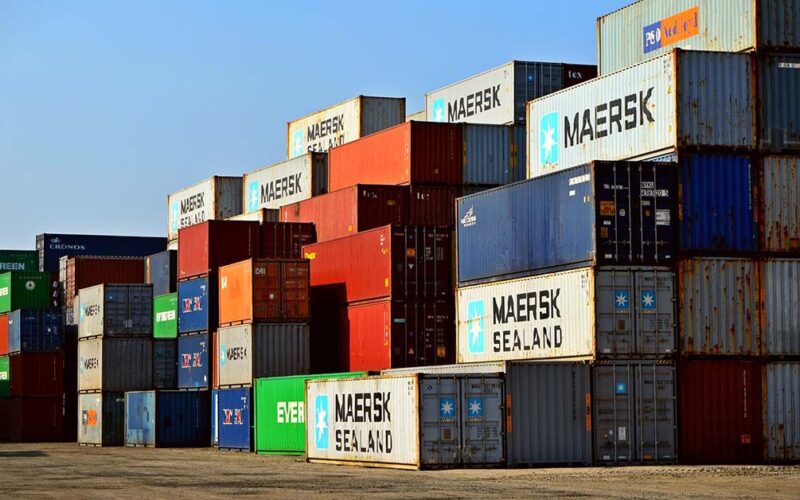On Christmas Eve, the UK and the EU agreed to continue tariff-free trade in goods when the UK left the EU customs union on January 1.
That means Britain’s sheep meat exports to the EU will continue tariff-free rather than facing the 50% tariffs had the UK and the EU not been able to strike a deal before the end of 2020.
Meat Industry Association (MIA) chief executive Sirma Karapeeva said such high EU tariffs, had they eventuated, would have sparked a meltdown in the UK domestic market compared to the firm prices NZ exporters are currently enjoying.
“A nightmare is probably a fair way to describe that scenario because so much of the UK’s lamb production is exported to the EU, and particularly to France,” Karapeeeva said.
“Under a no-deal scenario that product would have stayed at home.
“That would have had an impact in terms of displacing NZ product and would have had an impact on the price for lamb not just in the UK market, but would have triggered impacts internationally.”
Karapeeva said a potentially dire situation for NZ exporters in the UK market would have been made worse by quota changes which went ahead on January 1 as planned.
NZ exporters now face tariffs on sheepmeat exports once they reach 114,000 tonnes in both the EU and the UK for the year.
That compares to an annual tariff-free allocation of 228,000t across both British and continental markets under previous quota arrangements.
“Combining that situation with the quota split would have meant the ability for us to shift a chunk of product into the EU would have been constrained,” she said.
“We would have been hit on two fronts.”
NZ continues to protest the quota changes, which it says flouts World Trade Organisation (WTO) rules which state trade deals should leave no country worse off.
The EU-UK trade deal also means a whole new layer of paperwork and checks at the border for EU and UK exporters.
While NZ exporters can continue to use existing EU export certificates for the UK till the middle of the year as a result of an agreement struck last year between the NZ and UK governments, there had been concern fresh red tape for UK and EU exporters could have led to major snarl-ups at their borders from January 1.
In particular there were worries the deepwater port of Felixstowe, where most of NZ’s meat exports are unloaded, could have been jammed up if major congestion at the port of Dover had led to vessels being diverted there.
But Karapeeva said NZ meat exporters had reported no major new delays.
“I am not getting phone calls from companies panicking because their product is sitting on the wharves, but then again I don’t really expect there to be a lot of NZ product sitting on the wharves at this time, given where we are at in the season,” she said.
Meat exporter ANZCO’s general manager of sales and marketing Rick Walker said while his company was experiencing delays in getting products to UK customers on time, they were mostly due to disruption to international shipping schedules caused by the pandemic rather than any congestion from new EU-UK border procedures.
“It certainly has not helped, but there are bigger factors at play in terms of the global supply chain which is leading to massive delays moving into the UK port system,” Walker said.
Rival exporter Alliance Group’s general manager of sales Shane Kingston said his company had not experienced major Brexit-related delays to date.
“There is congestion within the UK supply chain, but that is more on the land transport side because of the combination of covid and road haulage delays into Europe in advance of Christmas … but we are not experiencing any of that,” Kingston said.
“Our freight through Felixstowe and London Gateway ports is moving smoothly.”
Kingston said demand from food service customers had taken a knock following British Prime Minister Boris Johnson’s announcement of stricter lockdown rules on January 5, but that had been offset by increased demand from UK supermarkets which were traditionally the biggest buyer of NZ lamb.
Benchmark UK imported leg prices remained on a par with last year and were not far off their five-year average.










